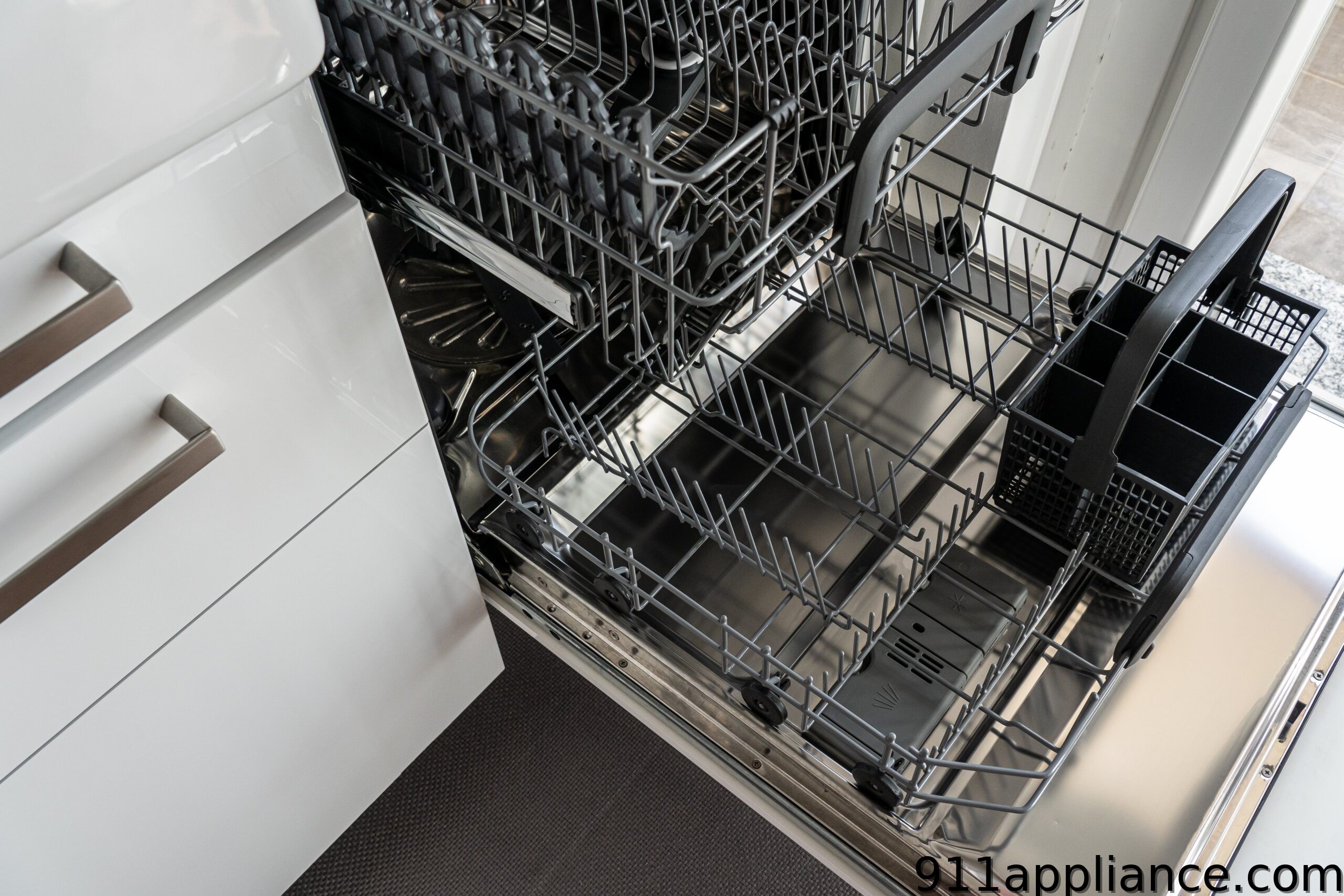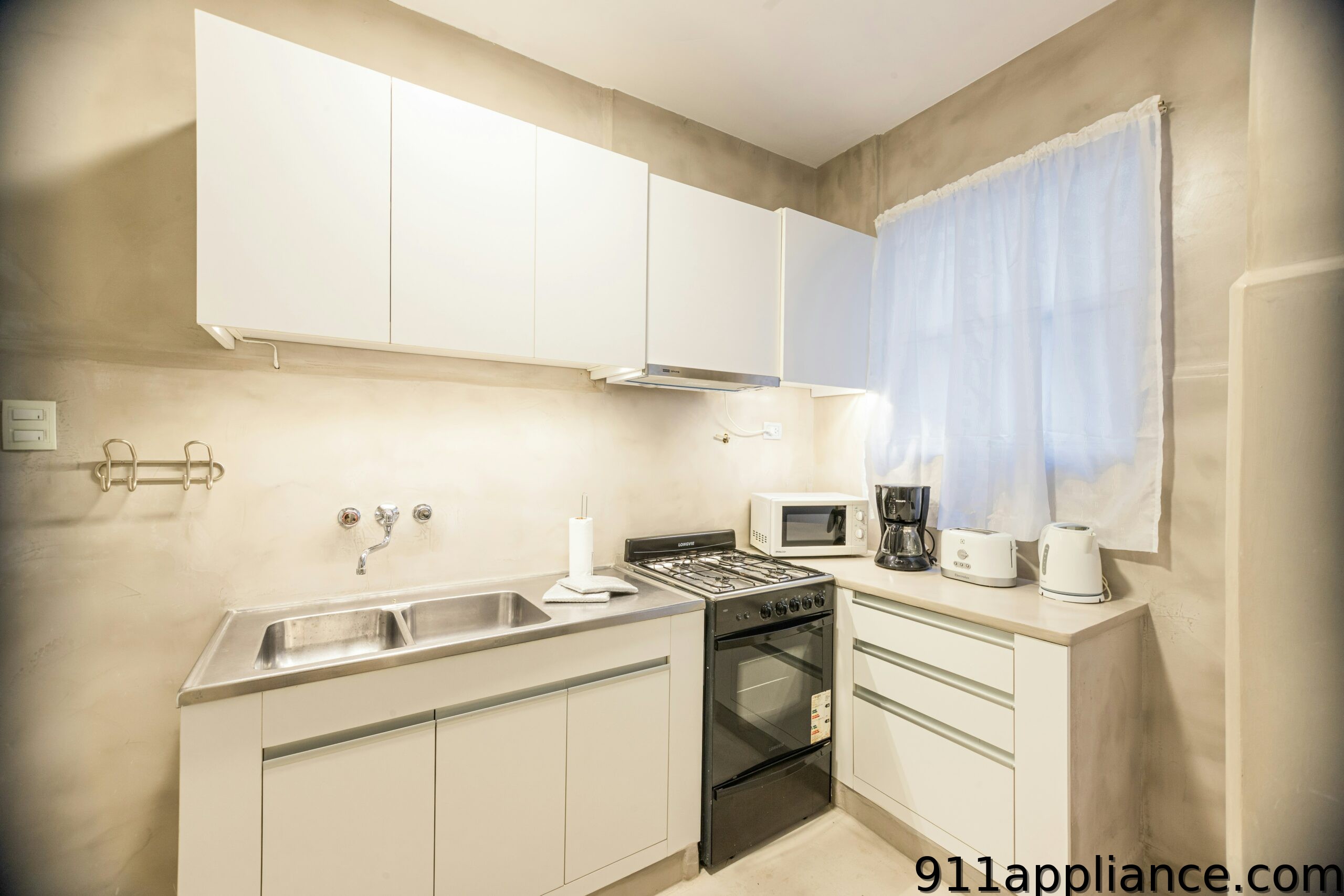Choosing the right appliances for your home is an important decision that can have a significant impact on your daily life. Appliances are essential for our modern lifestyles, helping us with tasks such as cooking, cleaning, and laundry. However, with so many options available on the market, it can be overwhelming to make the right choice. In this article, we will explore various factors to consider when choosing appliances for your home, including energy efficiency, size, durability, cost vs. quality, style and design, noise level, maintenance and repairs, smart appliances, safety features, and brand reputation.
Table of Contents
- Key Takeaways
- Size Matters: Choosing the Right Appliance for Your Space
- Durability: How to Ensure Your Appliance Lasts
- Cost vs. Quality: Finding the Right Balance
- Style and Design: Matching Your Appliance to Your Home
- Noise Level: How to Choose Quiet Appliances
- Maintenance and Repairs: Understanding the Costs
- Smart Appliances: The Benefits and Drawbacks
- Safety Features: Protecting Your Home and Family
- Brand Reputation: Why it Matters When Choosing Appliances
- What are the environmental factors to consider when deciding on a new appliance?
- FAQs
- What are the factors to consider when deciding on an appliance?
- Why is size an important factor to consider?
- What is energy efficiency, and why is it important?
- What features should I look for in an appliance?
- Why is brand reputation important when choosing an appliance?
- How much should I expect to spend on an appliance?
Key Takeaways
- Energy efficiency saves money and reduces environmental impact
- Choose the right size appliance for your space to maximize efficiency
- Durability is key to ensuring your appliance lasts for years to come
- Finding the right balance between cost and quality is important for long-term satisfaction
- Matching your appliance to your home’s style and design can enhance its overall look and feel
Energy Efficiency: Why it Matters for Your Appliances
Energy efficiency is a crucial factor to consider when choosing appliances for your home. Energy-efficient appliances not only help reduce your carbon footprint but also save you money on utility bills in the long run. These appliances are designed to use less energy while still providing the same level of performance. They often come with energy-saving features such as programmable settings, temperature control options, and sensors that detect when the appliance is not in use.
When shopping for energy-efficient appliances, look for the Energy Star label. This label indicates that the appliance meets strict energy efficiency guidelines set by the Environmental Protection Agency (EPA). Additionally, consider the size of the appliance and its capacity. A smaller appliance that is appropriately sized for your needs will consume less energy than a larger one.
Size Matters: Choosing the Right Appliance for Your Space
Before purchasing an appliance, it is essential to measure your space accurately. Buying an appliance that is too large for your space can lead to inconvenience and even damage to your home. On the other hand, buying an appliance that is too small may not meet your needs or fit in with your kitchen or laundry room layout.
When measuring your space, consider not only the width and height but also the depth of the area where the appliance will be placed. Take into account any additional space needed for ventilation or clearance. It is also important to measure doorways, hallways, and staircases to ensure that the appliance can be easily moved into your home.
Durability: How to Ensure Your Appliance Lasts
Durability is a crucial factor to consider when choosing appliances. You want to invest in appliances that will last for many years without frequent breakdowns or the need for costly repairs. Several factors can affect the lifespan of an appliance, including the quality of materials used, the manufacturing process, and the level of maintenance and care.
To ensure the longevity of your appliances, follow the manufacturer’s instructions for use and maintenance. Regularly clean and inspect your appliances for any signs of wear or damage. Avoid overloading or using appliances beyond their intended capacity. Additionally, consider purchasing appliances from reputable brands known for their durability and reliability.
Cost vs. Quality: Finding the Right Balance
When it comes to choosing appliances, there is often a trade-off between cost and quality. While it may be tempting to opt for the cheapest option available, it is important to consider the long-term costs and benefits. Low-quality appliances may have a shorter lifespan and require more frequent repairs, leading to higher overall costs in the long run.
On the other hand, high-quality appliances may come with a higher upfront cost but offer better performance, energy efficiency, and durability. It is essential to find the right balance between cost and quality that fits within your budget while still meeting your needs.
To find the best value for your money, research different brands and models, read customer reviews, and compare prices. Consider factors such as warranty coverage, customer support, and availability of replacement parts when evaluating the overall value of an appliance.
Style and Design: Matching Your Appliance to Your Home
In addition to functionality, style and design are important considerations when choosing appliances for your home. Appliances are not only practical tools but also contribute to the overall aesthetic of your space. It is important to choose appliances that match the style and design of your home to create a cohesive and visually appealing environment.
Consider the color, finish, and design of the appliances and how they will fit in with your existing decor. For example, if you have a modern and minimalist kitchen, stainless steel appliances may be a good choice. On the other hand, if you have a traditional or farmhouse-style kitchen, appliances with a vintage or retro design may be more suitable.
Noise Level: How to Choose Quiet Appliances
The noise level of appliances is often overlooked but can have a significant impact on your daily life, especially in open-concept living spaces or bedrooms located near the kitchen or laundry room. Noisy appliances can be disruptive and annoying, making it difficult to concentrate, relax, or sleep.
When choosing appliances, consider their noise level ratings. Look for appliances that are specifically designed to be quiet or have noise-reducing features such as insulation or vibration dampening. Read customer reviews and seek recommendations from friends or family members who have experience with quiet appliances.
Maintenance and Repairs: Understanding the Costs
Maintenance and repair costs are important factors to consider when choosing appliances. While all appliances require some level of maintenance, some may require more frequent or costly repairs than others. It is important to understand the potential costs associated with maintaining and repairing an appliance before making a purchase.
Regular maintenance can help extend the lifespan of your appliances and prevent costly breakdowns. Follow the manufacturer’s instructions for cleaning and maintenance, and schedule regular inspections by a qualified technician if necessary. Additionally, consider purchasing extended warranties or service plans that cover repairs and maintenance for an extended period.
Smart Appliances: The Benefits and Drawbacks
Smart appliances are becoming increasingly popular in modern homes. These appliances are connected to the internet and can be controlled and monitored remotely using a smartphone or other smart devices. They offer a range of benefits, including convenience, energy efficiency, and advanced features.
Smart appliances can be programmed to start or stop at specific times, adjust settings based on usage patterns, and even send notifications or alerts to your phone. They can help you save energy by optimizing usage and reducing waste. However, it is important to consider the drawbacks of smart appliances as well.
Smart appliances tend to be more expensive than traditional appliances and may require a stable internet connection to function properly. There is also a concern about privacy and security, as these appliances collect and transmit data about your usage patterns. It is important to weigh the benefits and drawbacks of smart appliances and determine if they are the right choice for your home.
Safety Features: Protecting Your Home and Family
Safety should be a top priority when choosing appliances for your home. Look for appliances that come with built-in safety features to protect your home and family from potential hazards. Some common safety features to consider include:
– Automatic shut-off: Appliances with automatic shut-off features can help prevent accidents or damage by turning off when not in use or when certain conditions are met.
– Child locks: Appliances with child locks can prevent young children from accidentally turning on or accessing dangerous settings.
– Overheat protection: Appliances with overheat protection features automatically shut off or reduce power output when they detect excessive heat, preventing fires or damage.
– Leak detection: Appliances such as dishwashers or washing machines with leak detection sensors can alert you to potential water leaks, helping prevent water damage.
Brand Reputation: Why it Matters When Choosing Appliances
Brand reputation is an important factor to consider when choosing appliances. Reputable brands are known for their quality, reliability, and customer support. They have a track record of producing durable and high-performing appliances that meet industry standards.
Research different brands and read customer reviews to get an idea of their reputation. Look for brands that have been in the industry for a long time and have a history of producing reliable appliances. Consider factors such as warranty coverage, customer support, and availability of replacement parts when evaluating the reputation of a brand.
Choosing the right appliances for your home is a decision that should not be taken lightly. Consider factors such as energy efficiency, size, durability, cost vs. quality, style and design, noise level, maintenance and repairs, smart features, safety, and brand reputation. By carefully evaluating these factors and finding the right balance that fits your needs and budget, you can ensure that you make the best choice for your home. Remember to research different brands, read customer reviews, and seek recommendations from friends or family members who have experience with specific appliances.
What are the environmental factors to consider when deciding on a new appliance?
When looking for an environmentally friendly appliance replacement, consider energy efficiency, water usage, and materials used in production. Check for Energy Star ratings, look for low water consumption, and choose appliances made from sustainable and non-toxic materials. These factors can help minimize the environmental impact of your new appliance.
FAQs
What are the factors to consider when deciding on an appliance?
There are several factors to consider when deciding on an appliance, including size, energy efficiency, features, brand reputation, and price.
Why is size an important factor to consider?
Size is an important factor to consider because appliances come in different sizes, and you need to choose one that fits your space and meets your needs.
What is energy efficiency, and why is it important?
Energy efficiency refers to how much energy an appliance uses to perform its functions. It is important to consider energy efficiency because it can help you save money on your energy bills and reduce your carbon footprint.
What features should I look for in an appliance?
The features you should look for in an appliance depend on your needs and preferences. Some common features to consider include programmable settings, self-cleaning options, and smart technology.
Why is brand reputation important when choosing an appliance?
Brand reputation is important when choosing an appliance because it can give you an idea of the quality and reliability of the product. Choosing a reputable brand can help ensure that you get a high-quality appliance that will last for years.
How much should I expect to spend on an appliance?
The cost of an appliance can vary depending on the brand, size, and features. Generally, you can expect to spend anywhere from a few hundred dollars to several thousand dollars on an appliance. It is important to consider your budget and choose an appliance that meets your needs without breaking the bank.



